I know of no country, indeed, where the love of money has taken a stronger hold on the affections of men
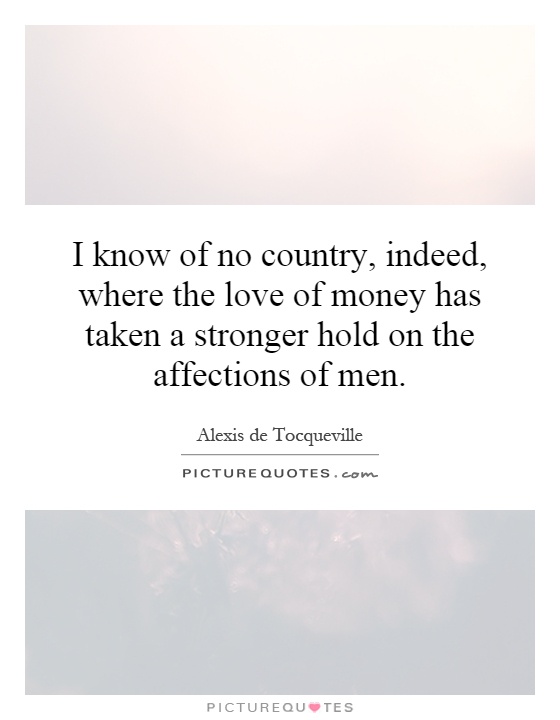
I know of no country, indeed, where the love of money has taken a stronger hold on the affections of men
Alexis de Tocqueville, a French political thinker and historian, made the observation that the love of money has taken a strong hold on the affections of men in many countries, but particularly in the United States. In his seminal work, "Democracy in America," Tocqueville explores the unique characteristics of American society and politics, and one of the key themes he addresses is the pervasive influence of materialism and the pursuit of wealth.Tocqueville's observation about the love of money in America is particularly relevant in the context of the country's history and development. The United States was founded on principles of individual liberty and economic opportunity, and these values have shaped the American psyche in profound ways. The pursuit of wealth and success has become a central aspect of the American dream, and the desire for material prosperity has driven many to work hard and strive for financial success.
Tocqueville's observation about the love of money in America also speaks to the broader cultural and social trends that have shaped American society. The rise of consumerism, the influence of advertising and marketing, and the emphasis on material possessions have all contributed to a culture that places a high value on wealth and material success. In this context, the love of money has become a powerful force that drives individuals to pursue financial gain at the expense of other values and priorities.
Moreover, Tocqueville's observation about the love of money in America raises important questions about the impact of materialism on society and democracy. The pursuit of wealth can lead to inequality, social division, and the erosion of democratic values. When the love of money becomes the dominant motivation for individuals and society as a whole, it can undermine the common good and weaken the bonds that hold communities together.

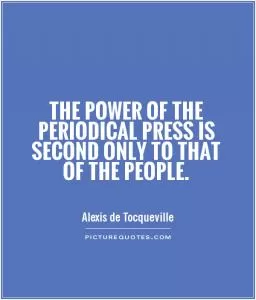



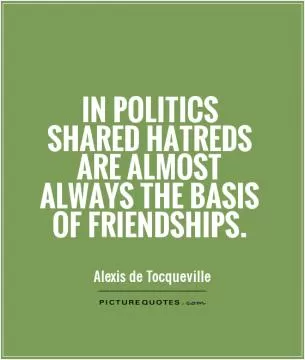

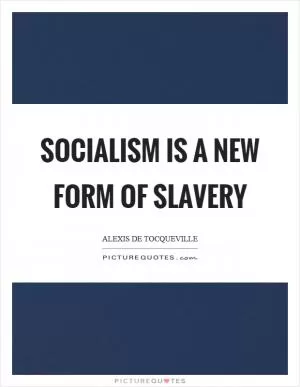
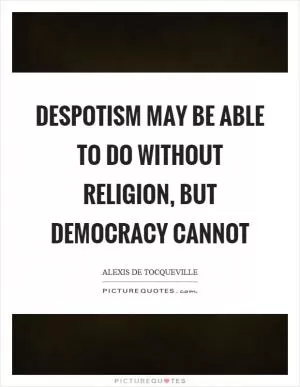


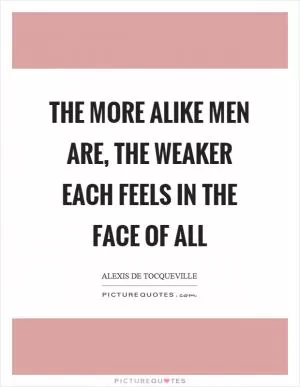
 Friendship Quotes
Friendship Quotes Love Quotes
Love Quotes Life Quotes
Life Quotes Funny Quotes
Funny Quotes Motivational Quotes
Motivational Quotes Inspirational Quotes
Inspirational Quotes